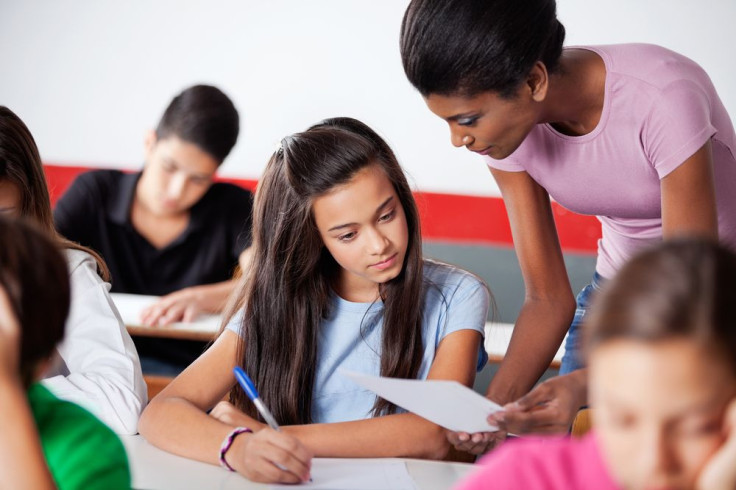The Long-lasting Benefits of a Teacher-Student Relationship

A child who can develop a comfortable, positive relationship with a teacher or two is likely, as an adult, to be healthier in body and mind than children who do not. This student-teacher relationship was found to be even more important than relationships with fellow students, according to a recent study published in the School Psychology journal of the American Psychology Association.
“This research suggests that improving students’ relationships with teachers could have important, positive and long-lasting effects beyond just academic success,” said study author Jinho Kim, PhD, an assistant professor in the Department of Health Policy and Management at Korea University, in a press release. “It could also have important health implications in the long run.”
The study used data on nearly 20,000 participants from the National Longitudinal Study of Adolescent to Adult Health (Add Health), a nationwide study that followed US children for 13 years, starting in 1994, from seventh grade into adulthood. The Add Health researchers sought to identify factors in youth that affect adult health. Surveys were administered in several “waves” throughout the period to get a picture of the children’s lives as they went through their teenage years and transitioned to adults.
Dr. Kim noted that previous research has looked for a link between teenagers’ social life among peers and its effect on their physical and mental health as adults. But those studies have not proven that one causes the other, and that other factors are not as or more important.
He followed the children’s overall health, physical health, mental health and substance use, and found that those who had good relationships with both teachers and their peers in middle school and high school reported having better mental and physical health in their mid-20s.
However, after controlling for the children’s family life and background (by studying pairs of siblings together), he concluded that the only significant link was that between good teacher relationships and adult health.
Family background factors confounded any significant links with peer relationships, except for possible depression experienced in adulthood.
The Take Home
A child’s relationships with teachers may be more important than we realized, and schools should invest in training teachers to build supportive relationships with students.
“This is not something that most teachers receive much training in,” said Dr. Kim, “but it should be.”
Teachers should be encouraged to create a supportive classroom in which students feel comfortable speaking with their teachers and asking for help. Parents should talk to their children about asking teachers for help when something is wrong. If students can view their teachers as supportive mentors and not taskmasters, it could improve the way they feel about school and about themselves as they grow.
Published by Medicaldaily.com



























